Bridging Gender Gaps with AI: Empowering Girls and Women in STEM through Inclusive Digital Innovation
WITIN.ORG
Session 347
In alignment with the WSIS+20 vision of building “people-centric, inclusive and development-oriented information societies,” this dynamic session by WITIN explores how Artificial Intelligence (AI) can be purposefully harnessed to close persistent gender gaps in Science, Technology, Engineering, and Mathematics (STEM). While AI offers immense potential, its benefits remain limited without the full inclusion of women and girls, who are still significantly underrepresented in STEM fields.
The session is anchored on three pillars:
- Inclusive AI Design & Policy: Experts will share gender-responsive frameworks and policies that embed equity in training data, algorithmic design, and ethical deployment—ensuring AI is inclusive by design.
- Capacity Building & Education: Proven initiatives—from digital literacy campaigns to coding bootcamps—especially in underserved communities, will be showcased as effective tools for bridging the gender digital divide and AI skills gap.
- Multi-Stakeholder Partnerships: Real-world examples will highlight how governments, academia, civil society, and industry can co-create inclusive, scalable, and culturally relevant solutions.
[Audience]: Policymakers, educators, private sector, civil society, researchers, and innovators shaping inclusive digital futures.
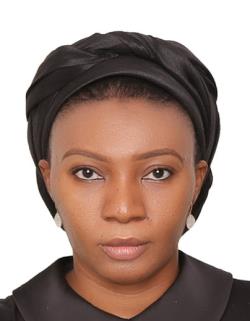
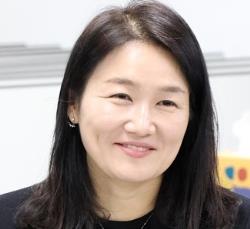
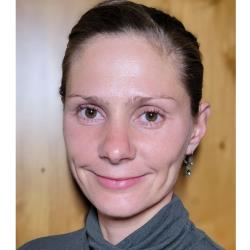
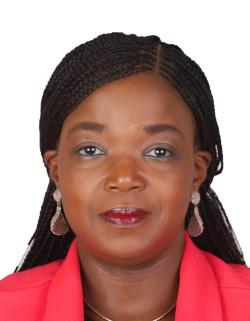
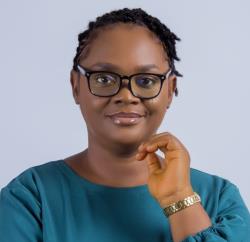
-
 C1. The role of governments and all stakeholders in the promotion of ICTs for development
C1. The role of governments and all stakeholders in the promotion of ICTs for development
-
 C3. Access to information and knowledge
C3. Access to information and knowledge
-
 C4. Capacity building
C4. Capacity building
-
 C5. Building confidence and security in use of ICTs
C5. Building confidence and security in use of ICTs
-
 C6. Enabling environment
C6. Enabling environment
-
 C7. ICT applications: benefits in all aspects of life — E-learning
C7. ICT applications: benefits in all aspects of life — E-learning
-
 C8. Cultural diversity and identity, linguistic diversity and local content
C8. Cultural diversity and identity, linguistic diversity and local content
-
 Goal 4: Ensure inclusive and equitable quality education and promote lifelong learning opportunities for all
Goal 4: Ensure inclusive and equitable quality education and promote lifelong learning opportunities for all
-
 Goal 5: Achieve gender equality and empower all women and girls
Goal 5: Achieve gender equality and empower all women and girls
-
 Goal 8: Promote inclusive and sustainable economic growth, employment and decent work for all
Goal 8: Promote inclusive and sustainable economic growth, employment and decent work for all
-
 Goal 9: Build resilient infrastructure, promote sustainable industrialization and foster innovation
Goal 9: Build resilient infrastructure, promote sustainable industrialization and foster innovation
-
 Goal 10: Reduce inequality within and among countries
Goal 10: Reduce inequality within and among countries
-
 Goal 17: Revitalize the global partnership for sustainable development
Goal 17: Revitalize the global partnership for sustainable development
This session advances inclusive digital transformation through ethical AI to bridge gender gaps in STEM, supporting SDGs 4, 5, 8, 9, and 17. It promotes equity, economic empowerment, and global partnerships—aligning with WSIS+20’s vision of people-centered, inclusive information societies that leave no one behind
Website: https://witin.org
Social media: @mywitin